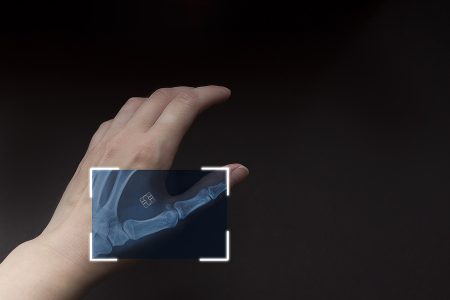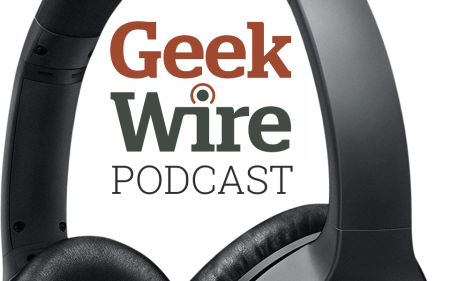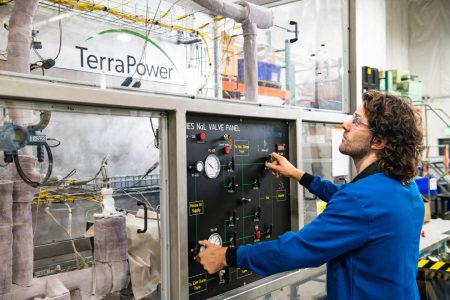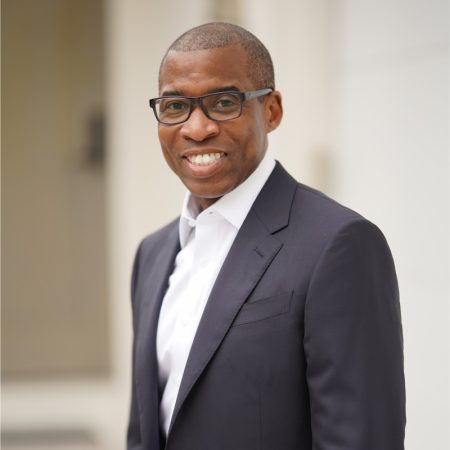Hearvana: Creating Superhuman Hearing Through AI Innovation
In a significant development for audio technology, Seattle-based startup Hearvana has secured $6 million in pre-seed funding to advance its mission of creating “superhuman hearing capabilities” through artificial intelligence. Announced in November 2025, this investment marks an important milestone for the company that was established earlier that spring by innovative researchers from the University of Washington’s computer science department. At the forefront of this venture is Shyam Gollakota, a distinguished tech inventor whose vision extends beyond conventional audio processing. The funding round was led by Point72 Ventures and SCB 10X, with participation from several other notable investors including the AI2 Incubator, Amazon Alexa Fund, and various venture capital firms. This substantial early-stage investment demonstrates strong confidence in Hearvana’s groundbreaking approach to audio technology.
Hearvana’s core innovation lies in its ability to process audio with remarkable efficiency directly on devices, without requiring substantial power or computing resources. Gollakota has articulated an ambitious vision, predicting that their technology will eventually be integrated into billions of everyday devices including earbuds, hearing aids, and smartphones. What sets Hearvana’s approach apart is its focus on real-time audio processing that happens locally on devices rather than relying on cloud computing. This technological breakthrough represents a significant advance in how we might interact with sound in our daily lives, potentially transforming everything from communication in noisy environments to the way we interact with voice-activated technologies. The company’s AI systems are designed to enhance human hearing capabilities beyond natural limitations, effectively creating what Gollakota describes as “proactive audio AI systems” that can revolutionize how we experience and interact with our sonic environment.
In a revealing LinkedIn post, Gollakota offered deeper insights into Hearvana’s technological foundations and aspirations: “Hearvana AI is a result of years of research and experience creating super-human and proactive audio AI systems. Our platform represents a major leap in real-time and on-device audio augmentation and comprehension, enabling AI assistants, hearing devices, smart glasses, and voice-driven products to listen, interpret, and manipulate audio with unprecedented quality and latency.” This statement highlights the comprehensive nature of Hearvana’s ambitions—not merely to enhance audio quality but to fundamentally transform how devices understand and process sound. The technology promises to enable devices to perceive audio contexts with a level of sophistication that surpasses human capabilities, particularly in complex and noisy environments where traditional audio processing typically struggles. By helping machines better understand human communication intent, Hearvana could bridge critical gaps in human-machine interaction.
The technical foundation for Hearvana’s innovations appears to draw from Gollakota and his team’s previous research, including work on a headphone prototype that used AI to create a “sound bubble” in noisy environments. This earlier research demonstrated the ability to isolate specific sounds and determine their spatial positioning within a room, technologies that likely form the building blocks of Hearvana’s current offerings. Gollakota brings substantial entrepreneurial experience to this new venture, having previously co-founded Sound Life Sciences, which developed a breathing monitoring app that was eventually acquired by Google in 2022. He also co-founded Wavely Diagnostics, which created smartphone technology capable of detecting ear infections. Joining Gollakota as a co-founder is Malek Itani, a research assistant and PhD student at the University of Washington’s Allen School who brings valuable experience from his time at Meta, where he worked on smart glasses technology—a potential application area for Hearvana’s audio innovations.
The institutional support behind Hearvana extends beyond mere financial investment. The company is being incubated at the AI2 Incubator in Seattle, providing it with resources and mentorship crucial for early-stage deep tech startups. This connection to AI2, a premier artificial intelligence research institute, suggests that Hearvana’s technology incorporates cutting-edge AI research and development practices. The diverse investor consortium backing Hearvana—which includes traditional venture capital, corporate venture funds like Amazon’s Alexa Fund, and specialized technology investors—indicates broad recognition of the potential market applications for advanced audio AI. This funding arrives at a pivotal moment when voice interfaces and audio processing technologies are becoming increasingly central to how humans interact with technology, from smart assistants and wearable devices to accessibility tools for those with hearing impairments.
Looking ahead, Hearvana seems positioned at the intersection of several expanding technological domains: wearable technology, voice computing, accessibility solutions, and artificial intelligence. The company’s focus on creating technology that processes audio more effectively than human hearing could have far-reaching implications for industries ranging from consumer electronics and healthcare to automotive and enterprise communication systems. If successful in realizing their vision of technology that can “perceive the world beyond human capability, grasping intent and context in complex, noisy environments,” Hearvana could fundamentally change how we experience and interact with sound in our increasingly noisy world. The $6 million pre-seed round provides the resources necessary for the company to continue developing its technology and begin exploring commercial applications, potentially establishing Seattle as a hub for audio AI innovation alongside its existing strengths in cloud computing and enterprise software. As Hearvana moves forward with this fresh capital, the tech community will be watching closely to see how their superhuman hearing capabilities might reshape our sonic experiences and interactions.














